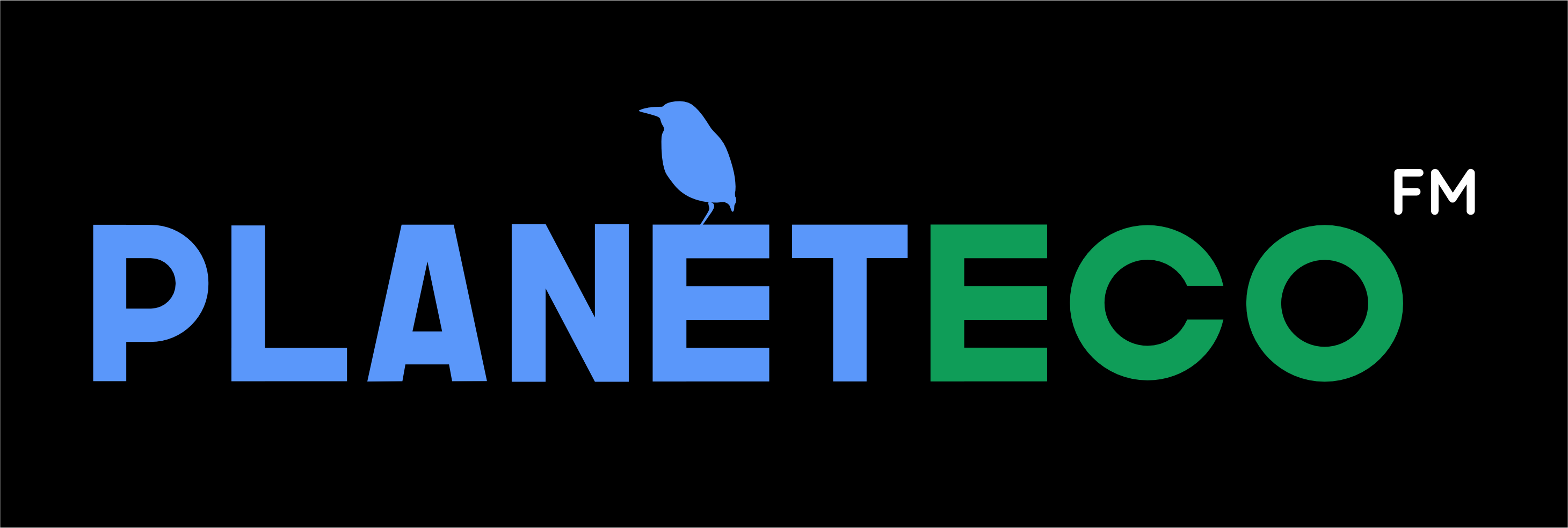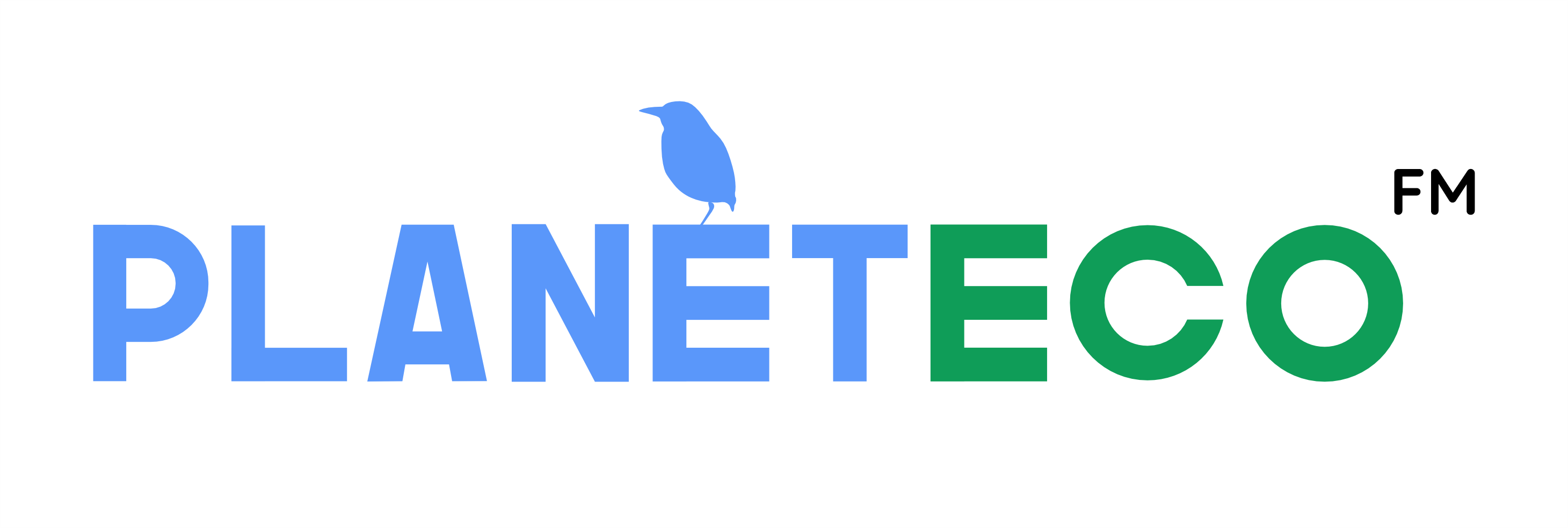The European Union (EU) has announced its collaboration with the federal government to reduce environmental waste in Nigeria.
International Zero Waste Day Celebrated in Nigeria
This year, the EU is partnering with the Federal Ministry of Environment and other stakeholders globally to mark the International Zero Waste Day in Nigeria. This marks the first time the Day is being observed following its proclamation by the United Nations General Assembly last December.
“Beat Waste” Theme Emphasized
During an event in Abuja to commemorate this year’s International Zero Waste Day with the theme “Beat Waste,” Zissimos Vergos, the Deputy Ambassador of the European Union Delegation to Nigeria and ECOWAS, emphasized the importance of waste reduction.
“This year’s theme ‘Beat Waste’ underscores the top priority to prevent waste from being created in the first place. The International Day of Zero Waste highlights both the importance of bolstering waste management globally and the need to promote sustainable consumption and production patterns,” He stated.
Urgent Need for Waste Management
Vergos further highlighted the global challenge of waste management, with humanity generating between 2.1 billion and 2.3 billion tons of municipal solid waste annually. He noted that global waste management services are insufficient, with 2.7 billion people lacking access to solid waste collection, and only around 60% of municipal solid waste being managed in controlled facilities.
Addressing the audience, Balarabe Abbas Lawal, Nigerian Minister of Environment said that the Nigerian Ministry of Environment is driving circular economy principles to achieve zero waste, through policy reinforcement, EPR implementation, and enforcement of waste management policies.
“The Federal Ministry of Environment acknowledges the significant opportunities presented and is implementing proactive measures to advance circular economy principles and practices in Nigeria, with the aim of achieving zero waste goals.These measures comprise the reinforcement of pertinent policies, as well as institutional and regulatory frameworks to bridge existing gaps. Additionally, the ministry is enforcing national policies on solid waste management, plastic waste management, and battery waste management, alongside the implementation of the Extended Producer Responsibility (EPR) programme.”
EU’s Initiatives and Contributions
Vergos emphasized that waste pollution not only threatens human well-being and economic prosperity but is also part of the triple planetary crisis of climate change, nature and biodiversity loss, and pollution. Without urgent action, annual municipal solid waste generation is projected to reach 3.8 billion tons by 2050.
Vergos highlighted the European Union’s initiative, the Global Alliance on Circular Economy and Resource Efficiency (GACERE), which aims to address plastic pollution, including in marine environments.
To implement theses initiatives, , the EU partnered with the Federal Ministry of Environment, co-chairing the Nigeria Circular Economy Working Group with UNIDO, to boost the implementation of circular economy policies and practices in Nigeria.
He also mentioned the EU’s contributions to waste management in Nigeria, including support for the National Policy on Waste Battery Management of 2021, assistance to NESREA on the National Environmental (Plastic Waste Control) Regulations of 2023, and the development of the National Circular Economy Roadmap unveiled during the event.




1 Comment